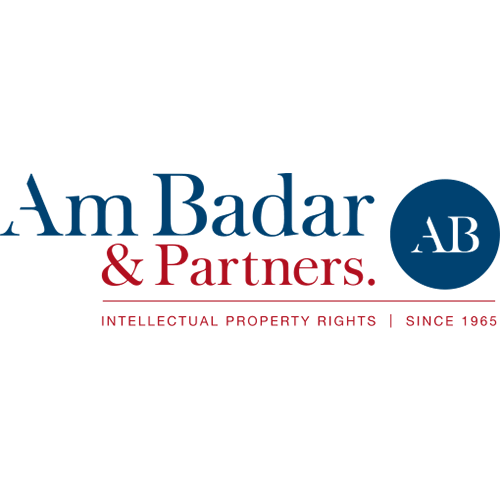Staying compliant with the ever-changing regulations landscape is difficult, to say the least. As the global economy becomes more interconnected, financial institutions face increased scrutiny from regulators and customers alike.
Fortunately, there are modern tools that can handle the sheer amount of compliance requirements. These tools can help your business stay ahead of regulation updates and ensure you stay compliant.
Let’s explore five must-have tools shaping financial compliance’s future and how these tools can help you stay ahead.
1. Advanced KYC Software
At the heart of every financial transaction is the need to verify customer identities. As regulations tighten, financial institutions must ensure that they’re not only verifying who their customers are but also assessing the risk they pose.
This is where advanced KYC (Know Your Customer) software comes in handy. KYC software offers a robust solution for financial institutions looking to enhance their compliance efforts. KYC tools allow businesses to verify identities quickly and accurately – a major benefit when trying to stay compliant.
By automating customer verification, these tools reduce manual errors, speed up the onboarding process, and help businesses comply with anti-money laundering (AML) regulations.
2. Automated Risk Assessment Tools
With the rise of globalization and digital finance, risks can emerge from anywhere. Whether it’s geopolitical unrest, regulation updates, or even changes in customer behavior, automated risk assessment tools have become a must in for financial compliance.
Automated tools can assess risk in real-time and work on a set-it-and-forget-it model. These tools continuously monitor financial transactions, user activity, and external factors to provide an ongoing snapshot of potential risks.
For example, if a customer suddenly starts making large, out-of-character transactions, automated tools can flag this behavior for further investigation. AI fraud detection and risk assessment tools are becoming the norm, offering even more robust assessment categories and faster response times.
These systems are particularly valuable in helping institutions comply with AML laws and other regulatory requirements. They can also be integrated with KYC systems to provide a full overview of customer and transactional risks.
3. Integrated Compliance Platforms
Different internal teams often use different software. This scattered approach can make staying complaint difficult as there is no centralized dashboard. However, this is where integrated compliance platforms come into play.
Integrated compliance platforms combine all compliance data, from reports to audit trails to business policies.
By centralizing this data, organizations can improve their operational efficiency and reduce the risk of non-compliance due to oversight. Rather than manually updating spreadsheets, these platforms automatically generate the necessary reports based on real-time data.
Not only does this save time, but it also ensures that compliance teams have all the information they need in one place. Identifying compliance and regulation gaps and making adjustments where necessary becomes much easier.
4. Blockchain for Enhanced Security
Blockchain technology is most closely linked with the future of banking and finance. Today, however, blockchain is also used as a key financial compliance tool.
Blockchain is a decentralized digital ledger that records transactions across a network of computers.
In traditional financial systems, transactions are recorded in digital ledgers that are vulnerable to tampering or hacking.
Blockchain solves this problem by distributing the ledger across multiple nodes. By dispersing the ledge, it makes it almost impossible for malicious parties to get into or alter records undetected.
As you can imagine, blockchain’s transparency is a game-changer.
With this type of tool, every transaction is recorded with a unique cryptographic signature. Once it’s added to the blockchain, it cannot be altered. This means that regulators can easily audit financial transactions without worrying about tampered records.
Blockchain allows for real-time verification of transactions and significantly reduces the time and cost associated with compliance audits. It’s also useful for cross-border transactions, where regulatory requirements can vary from country to country.
With blockchain, financial institutions can ensure that they are meeting regulatory standards in multiple jurisdictions while keeping their data safe.
5. AI and Machine Learning for Predictive Analytics
Reacting to regulation changes isn’t enough. Institutions need to be proactive and identify potential compliance issues before they even arise. This is where AI (Artificial Intelligence) and machine learning (ML) come into play.
AI and ML can predict and prevent compliance violations by analyzing vast amounts of data in minutes. By analyzing customer transactions, market data, and regulatory updates, these systems can flag suspicious activities and predict compliance trends.
For example, machine learning algorithms can analyze past transaction histories to predict when and where fraud might occur.
Financial institutions that implement AI and machine learning are not only better equipped to meet regulatory requirements but can also reduce the overall cost of compliance-related issues with a more proactive approach.
Conclusion
Financial compliance can be overwhelming without the right tools. Fortunately, the above technologies don’t just make compliance easier, they also make it smarter.
By automating processes, enhancing security, and providing real-time insights, financial institutions can not only meet today’s regulatory standards but also adopt a proactive approach to future changes.




















